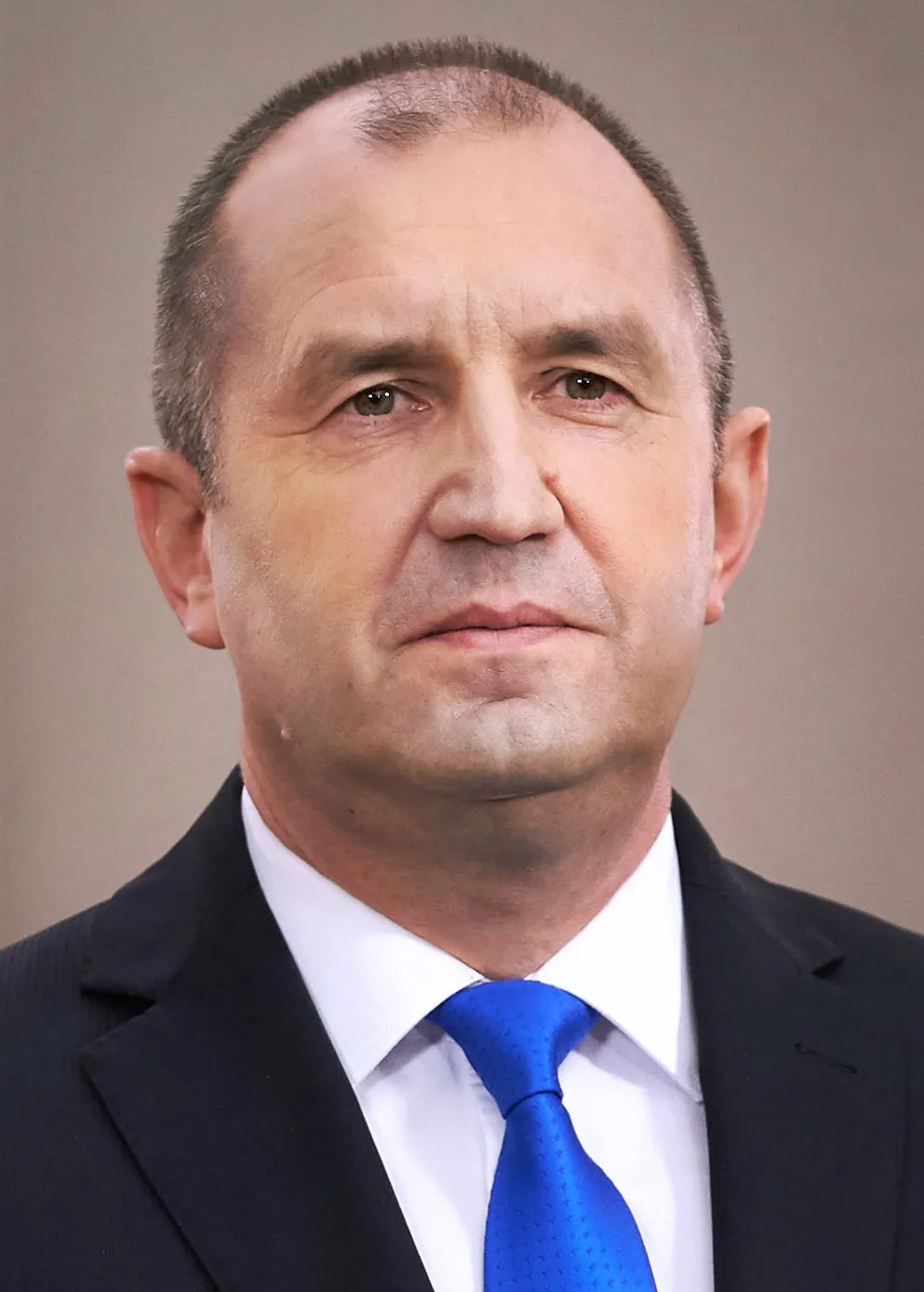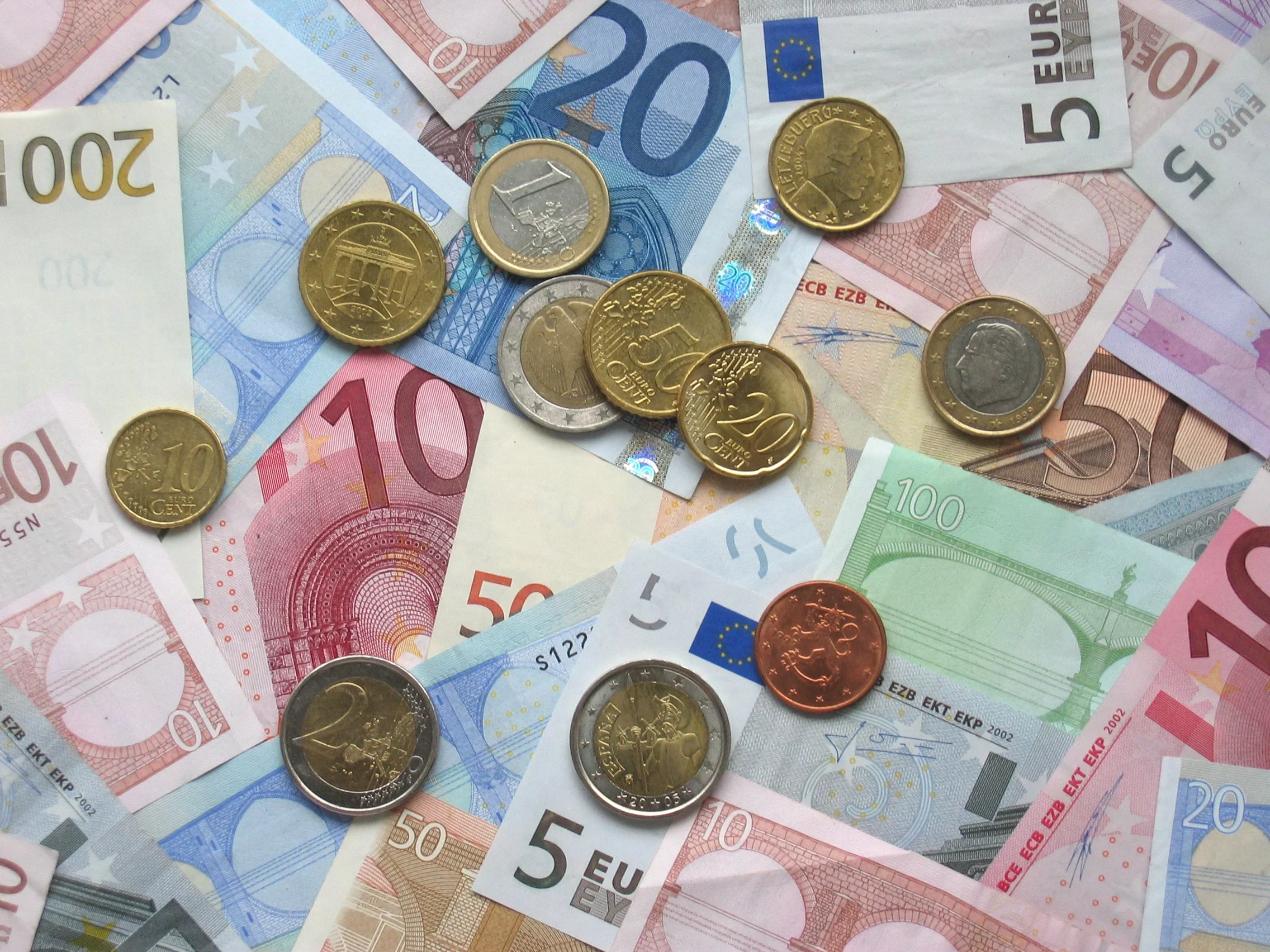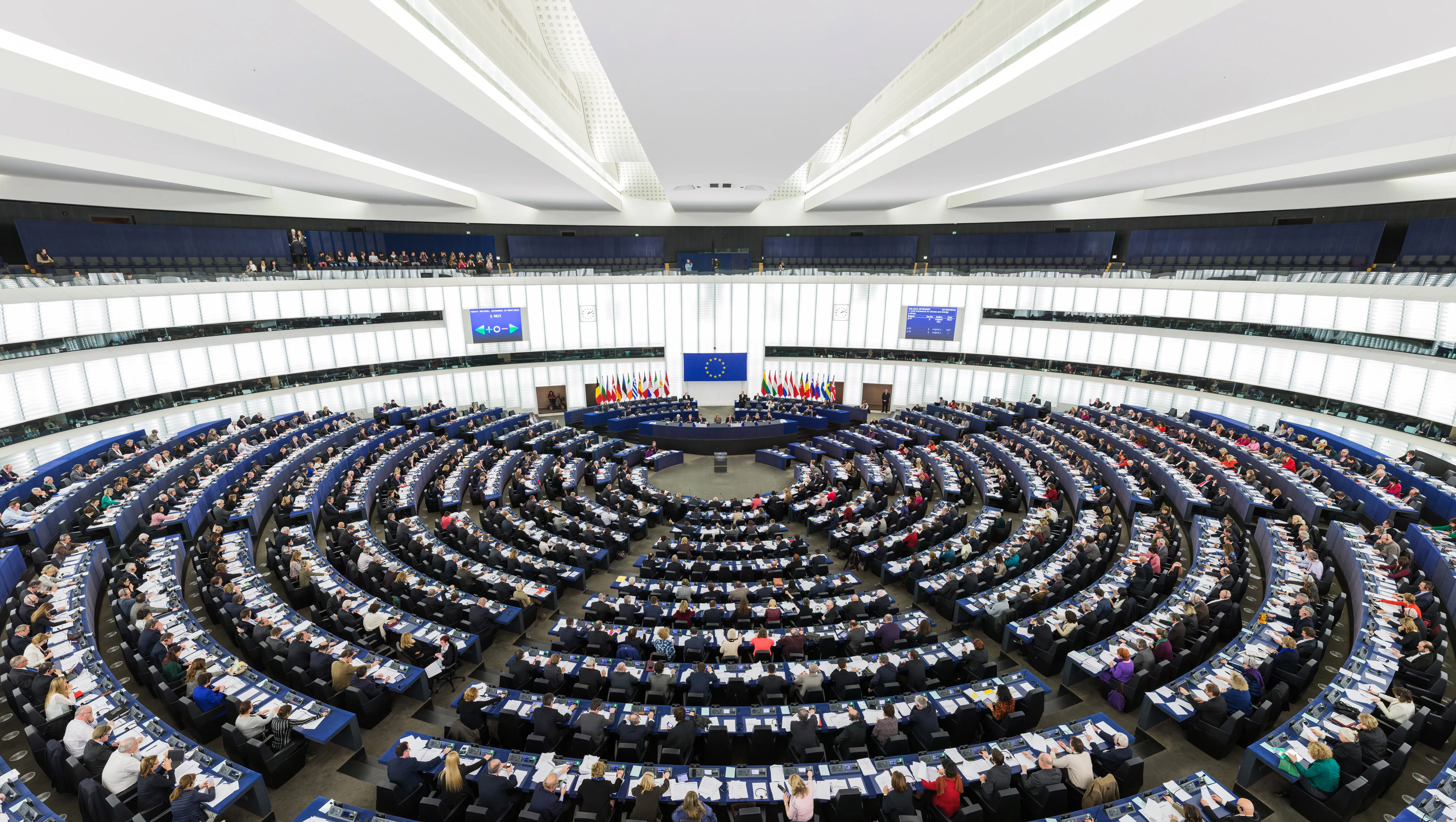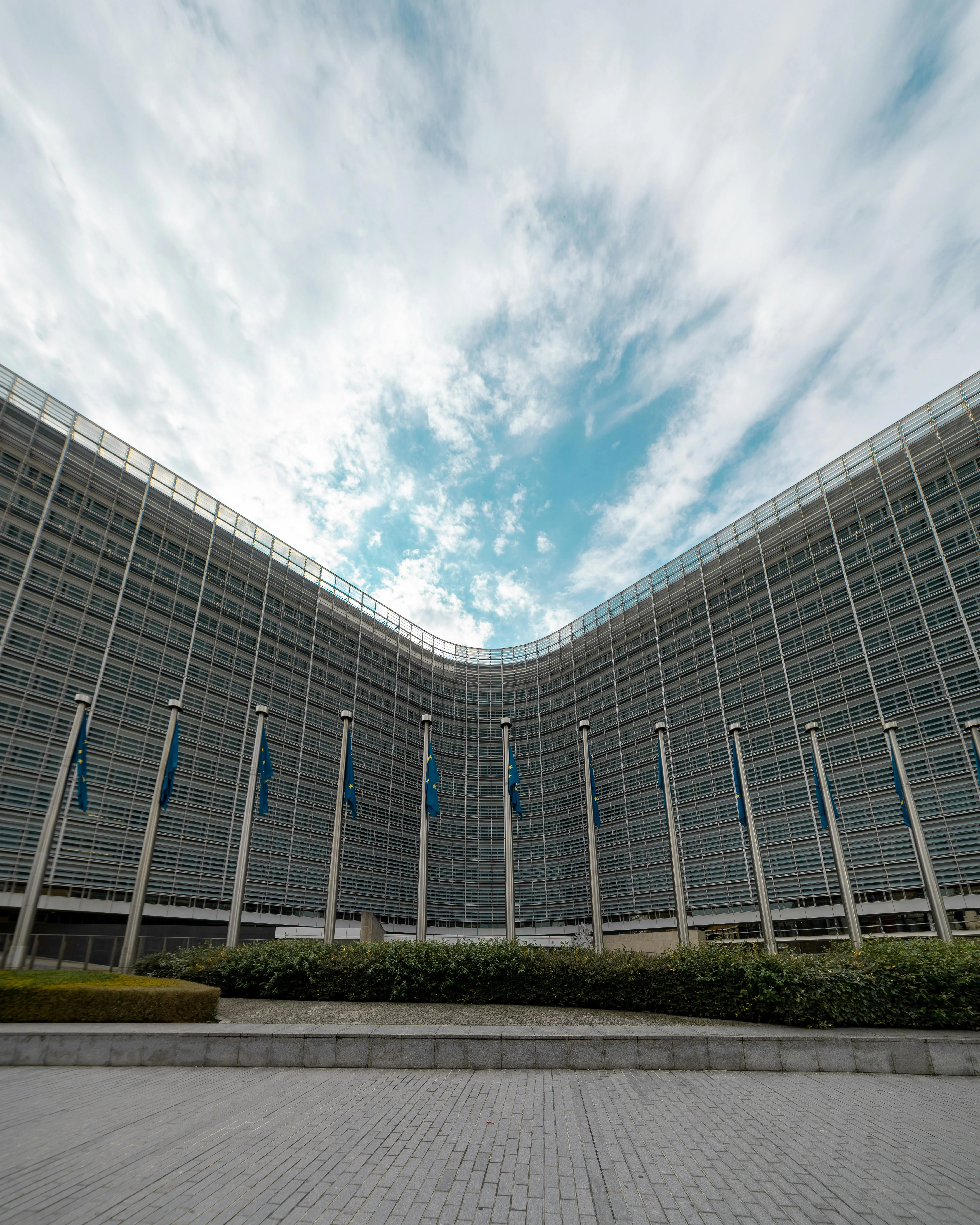Post-Election Europe: A Crossroads Between Integration and Isolation
The June 2024 European Parliament elections marked a turning point for the EU. While pro-European forces still hold a majority, far-right parties made historic gains in France, Germany, Italy, and the Netherlands. What does this shift mean for the Union’s political future?
Power Distribution: New Balances, Old Tensions
According to final results:
- EPP (European People’s Party) – 186 seats (maintains leading role)
- S&D (Socialists and Democrats) – 135 seats
- Renew Europe – 80 seats (slight decrease)
- ID (Identity and Democracy) + ECR (European Conservatives and Reformists) – a combined 130 seats
- Greens – 53 seats (a steep decline from 2019)
While the EPP–S&D–Renew coalition retains a mathematical majority, its internal cohesion is weaker than in the previous mandate.
Coalition Scenarios: Pragmatism vs. Ideology
Analysts in Brussels identify three plausible coalition models:
- Centrist coalition (EPP–S&D–Renew) – continues the current course with more compromises on migration and regulation.
- “Pragmatic right” coalition – includes moderate ECR members while isolating ID, aiming for a stable conservative majority.
- Polarized Parliament – where radical factions block key legislation, including climate policy.
The Green Deal Under Pressure
Many far-right parties campaigned against the EU’s climate goals. Groups like AfD (Germany), RN (France), and Lega (Italy) are calling for the revision of carbon neutrality targets, which could delay the approval of environmental legislation.
Pro-European forces argue the green transition is an economic opportunity, but a fierce debate lies ahead.
Migration Policy: A Divisive Axis
Election results reflect growing public concern about migration. The EPP hints at a tougher stance — stricter border controls and faster deportations. Meanwhile, the left warns against compromising fundamental EU values.
The Bulgarian Context
In Bulgaria, the vote confirmed pro-European stability with strong showings from GERB and PP–DB. Yet rising anti-system sentiments among youth in rural areas suggest a growing political disconnect.
Conclusion
The EU faces institutional uncertainty and ideological friction. But within this turbulence lies opportunity — to reimagine European integration in a way that meets citizens' needs without giving in to populist extremes.
You may also like
 Radev Warns of Loss of Competitiveness and Vulnerability from a "Two-Speed Europe"
Radev Warns of Loss of Competitiveness and Vulnerability from a "Two-Speed Europe" President Yotova on the Euro: Discrepancies in Assessments and the Need for a Clear Strategy
President Yotova on the Euro: Discrepancies in Assessments and the Need for a Clear Strategy Students from PGCHE „Vasil Levski“ participated in Euroscola in Strasbourg: An Unforgettable Experience in the European Parliament
Students from PGCHE „Vasil Levski“ participated in Euroscola in Strasbourg: An Unforgettable Experience in the European Parliament Bulgaria's Transition to the Euro: Exchange, Checks, and the Fight Against Counterfeit Banknotes
Bulgaria's Transition to the Euro: Exchange, Checks, and the Fight Against Counterfeit Banknotes
Disclaimer:
This article is an analytical review by the BurgasMedia editorial board and reflects the opinion of an expert group based on current political, economic, and social developments.
The conclusions presented are not predictions or factual statements, but a hypothetical interpretation of possible scenarios.
The publication is not responsible for any discrepancies with future developments and encourages readers to form independent judgments based on verified sources.




Коментари (0)
Все още няма коментари.